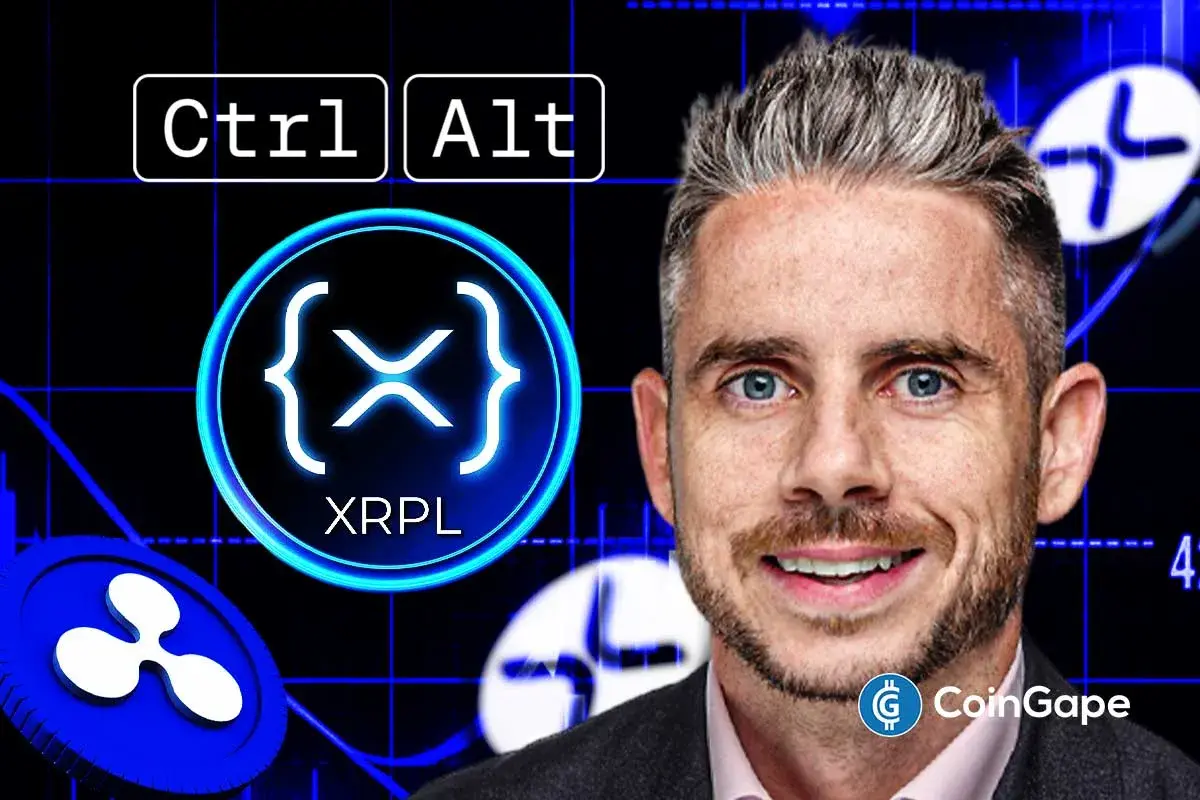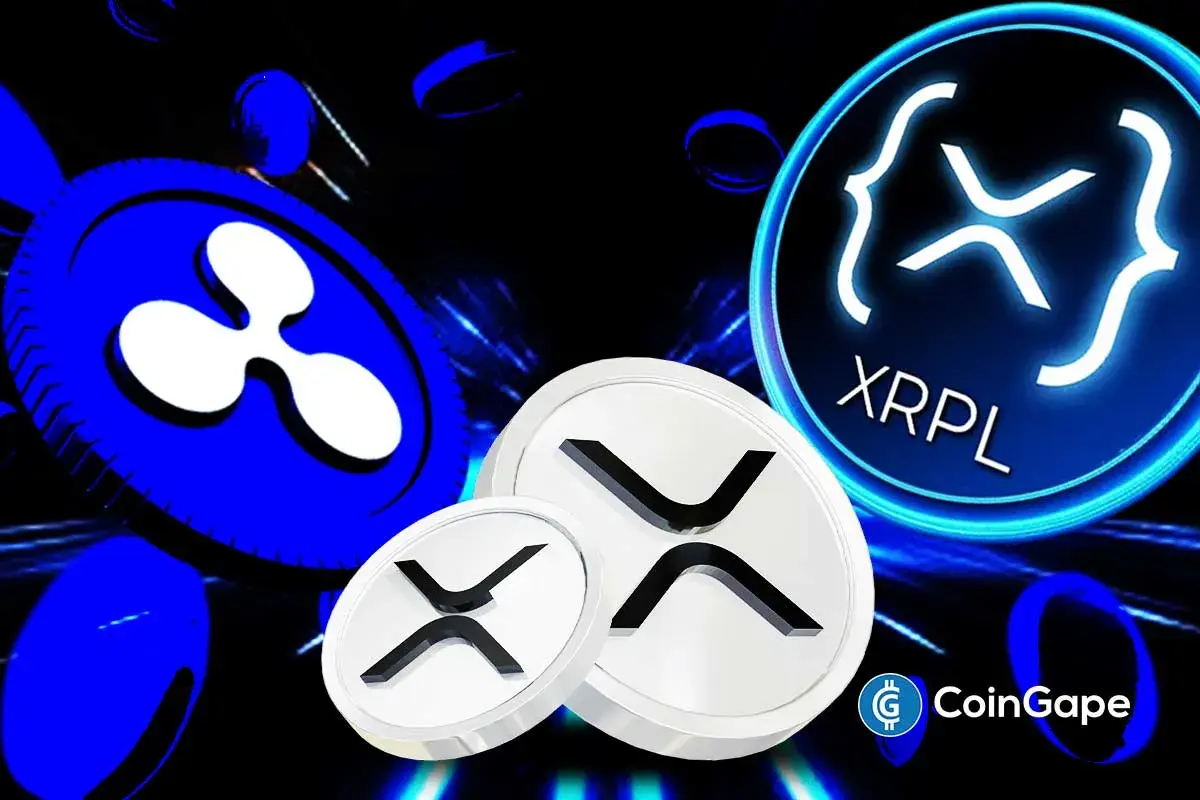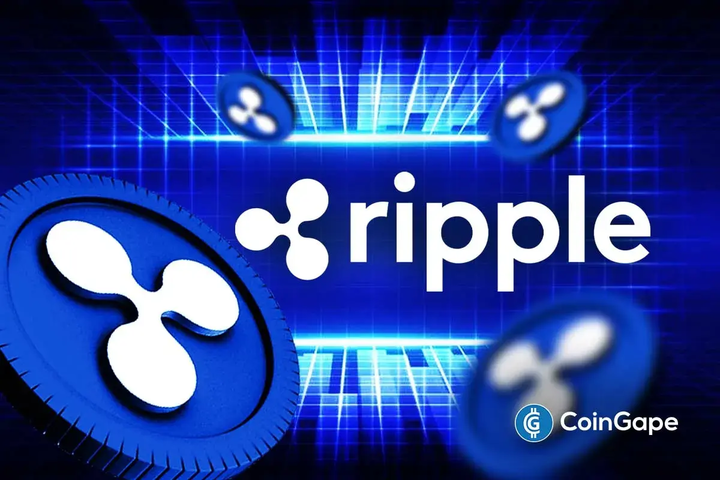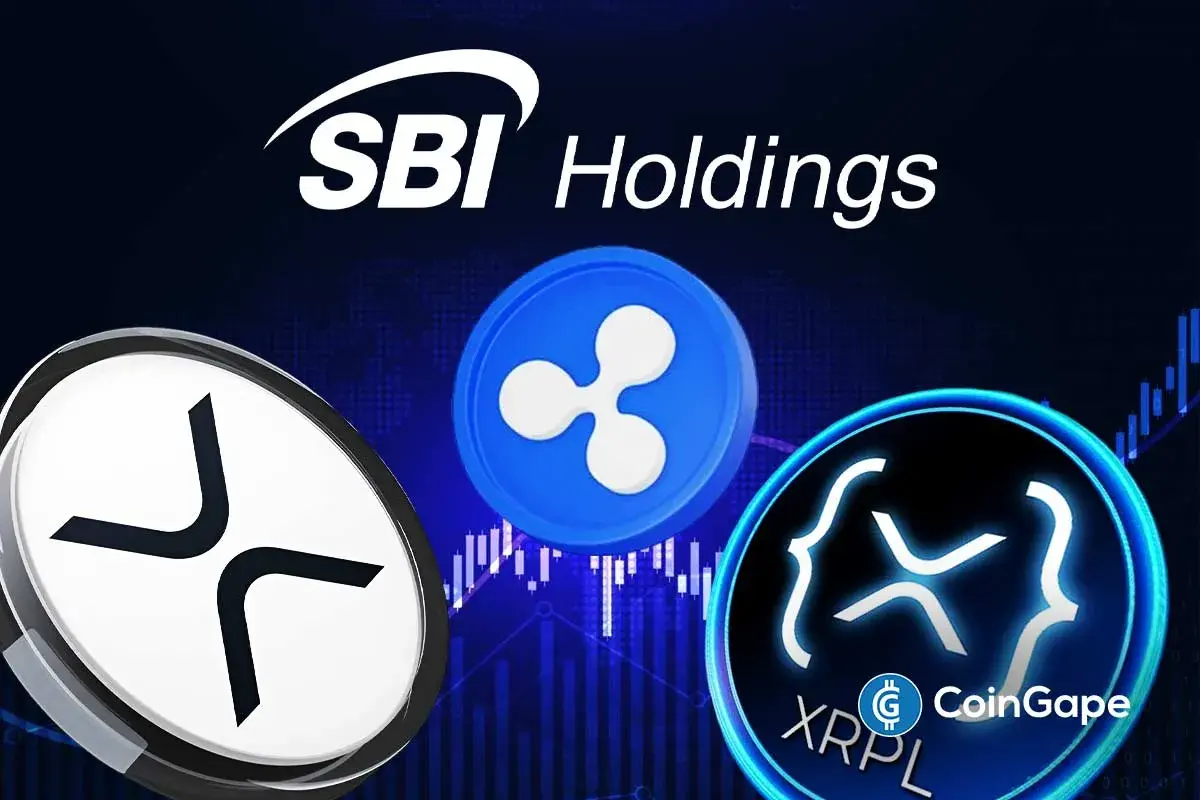Ripple Proposes ‘Maturity’ Test to SEC for Clarity on Tokens and Investment Contracts

Highlights
- Ripple CLO cited Judge Torres’s ruling in SEC v. Ripple and Lewis Cohen's paper on securities law.
- Alderoty proposed a framework to define when tokens separate from investment contracts.
- He also emphasized that Congress must establish new legal standards to address gaps in crypto regulation.
Ripple’s Chief Legal Officer, Stuart Alderoty, has formally urged the U.S. Securities and Exchange Commission (SEC), requesting the regulator to conduct a ‘maturity’ test and provide clear guidance distinguishing crypto tokens from investment contracts. In a letter addressed to the SEC’s Crypto Task Force, led by Commissioner Hester Peirce, Alderoty asserted that under current regulations, most fungible crypto assets should not be classified as securities
Ripple CLO Demands Crypto Regulatory Clarity
In his SEC letter, Alderoty cited the ‘The Ineluctable Modality of Securities Law’ paper by Lewis Cohen, stating that an investment contract requires a legal relationship between a buyer and a seller. However, this is not necessary in the secondary market transactions of the crypto market, he said.
In the ongoing SEC vs Ripple lawsuit, the Ripple CLO also pointed out the ruling by Judge Torres where XRP was deemed not a security in secondary sales, although the earlier institutional sales met the criteria for investment contracts.
While acknowledging the regulatory gaps in the system, Alderoty stated that Congress, and not the SEC, should address them. He wrote:
“Absent delegated authority, new legal standards must be established by lawmakers. SEC guidance that adheres faithfully to existing law—something that eluded the prior administration—would go a long way toward reducing market confusion”.
How Will Crypto Tokens Separate From Investment Contracts?
Stuart Alderoty has proposed a ‘maturity’ framework that would determine how tokens separate from investment contracts. The Ripple CLO added that if issuers fulfill material promises made during the initial sale and secondary holders lack enforceable rights against them, the token should be considered independent of the contract.
“This approach preserves accountability for bad actors without imposing ongoing or indeterminate obligations on downstream market participants,” he added.
Calling for Congress to act, Alderoty reiterated the importance of a regulatory framework that ensures investor protection while fostering innovation. Earlier this month, the Blockchain Association also urged the SEC to drop equity-style regulations for the crypto market.
SEC Commissioner Hester Peirce has been leading the Crypto Task Force formed earlier this year in March. The goal of this unit is to serve as a bridge between the traditional and crypto markets, thereby bringing greater regulatory clarity to the overall space. World’s largest asset manager BlackRock, which has a strong presence in the digital assets market, recently held discussions with the Crypto Task Force.
Play 10,000+ Casino Games at BC Game with Ease
- Instant Deposits And Withdrawals
- Crypto Casino And Sports Betting
- Exclusive Bonuses And Rewards

- Breaking: Morgan Stanley Applies For Crypto-Focused National Trust Bank With OCC
- Ripple Could Gain Access to U.S. Banking System as OCC Expands Trust Bank Services
- $2T Barclays Explores Blockchain For Stablecoin Payments and Tokenized Deposits
- Breaking: U.S. PPI Inflation Rises To 2.9%, BTC Price Falls
- XRP News: Ripple-Backed Ctrl Alt Completes $280M in Diamond Tokenization on XRPL
- Top Analyst Predicts Pi Network Price Bottom, Flags Key Catalysts
- Will Ethereum Price Hold $1,900 Level After Five Weeks of $563M ETF Selling?
- Top 2 Price Predictions Ethereum and Solana Ahead of March 1 Clarity Act Stablecoin Deadline
- Pi Network Price Prediction Ahead of Protocol Upgrades Deadline on March 1
- XRP Price Outlook As Jane Street Lawsuit Sparks Shift in Morning Sell-Off Trend
- Dogecoin, Cardano, and Chainlink Price Prediction As Crypto Market Rebounds

 Buy $GGs
Buy $GGs

















